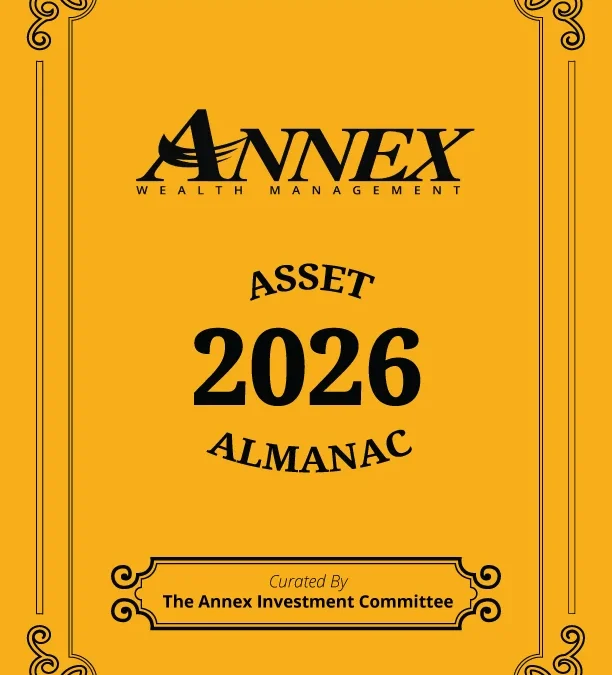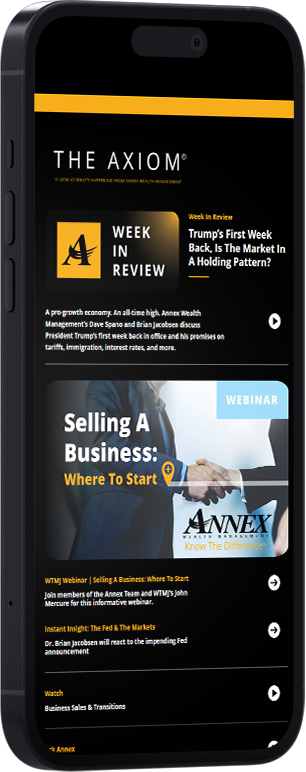Comments based on information available as of 7:45am CT on 6/20/2025
Growth: Payback Time
Retail sales in May fell 0.9% with the biggest decliners being cars and building materials. A lot of this is just a payback from consumers front-loading purchases of those bigger ticket items in April to try to avoid tariffs. It’s not all just payback, though. The consumer is getting skittish. The decline in food services and drinking places sales is just another tally in the column of things to watch out for.
Inflation: If and When
There are pockets of areas where tariffs are affecting consumer prices, but most of the effects are being absorbed by businesses, for now. Increases in tariffs this year are likely to push up prices and weigh on economic activity. The “who, when, and how” will depend on a lot of factors. Nothing is a foregone conclusion.
Policy: So Much For Data Dependence
Chair Powell’s tenure can be described in two words: data dependent. It’s a recurring theme of his speeches. He stresses that monetary policy isn’t on a preset course and it will adjust based on incoming data. But the recent data–a negative first quarter gross domestic product number, rising initial jobless claims, and falling consumer inflation–would seem to argue for a rate cut, not a pause. The Fed wants more clarity on trade and fiscal policy, but by the time it gets clarity on those topics there will inevitably be other things that are unclear. Data dependency has become a canard.
Looking Ahead: Ride Through It, Don’t Trade It
We’re all waiting on pins-and-needles to see what happens with the Israel-Iran situation. These types of situations can stress markets, but often the best way to manage that stress is to just ride through it and not try to trade it. President Trump wants to give diplomacy a chance. For Iran, not only has their missile arsenal been depleted, so has its negotiating position.







